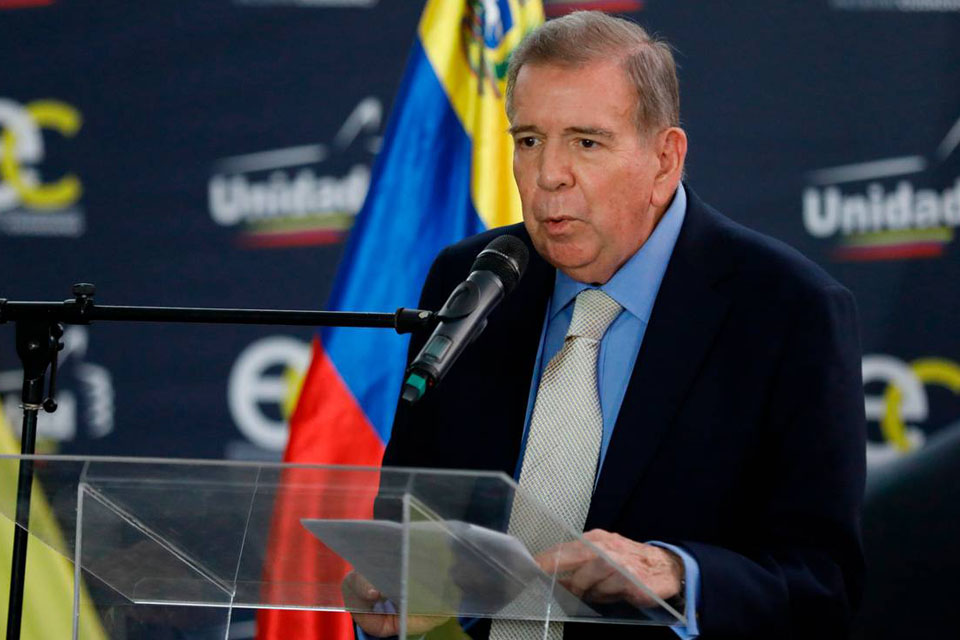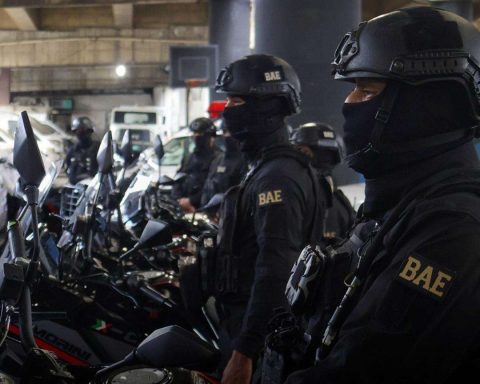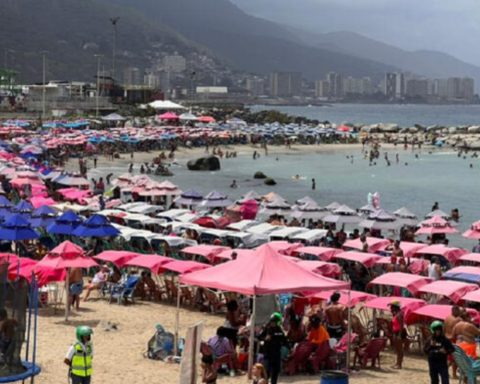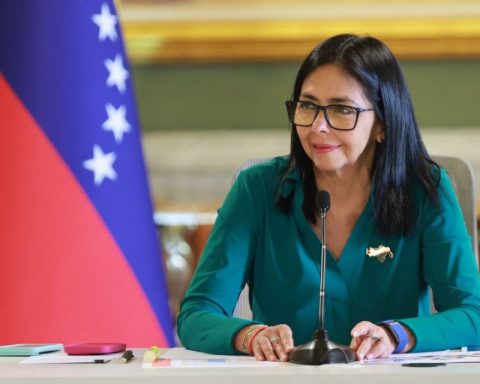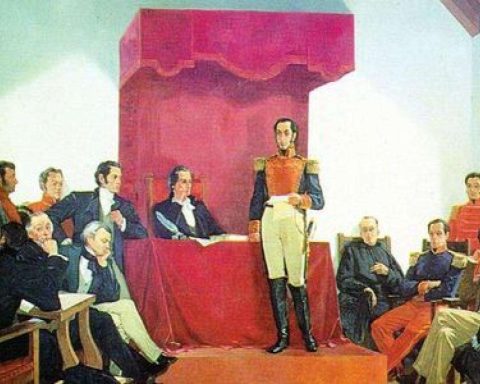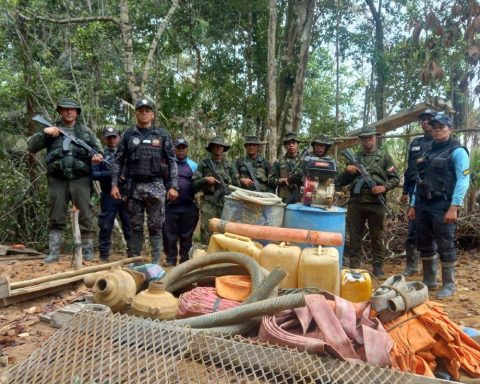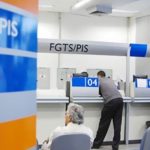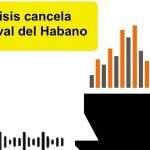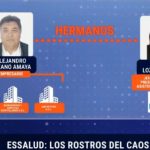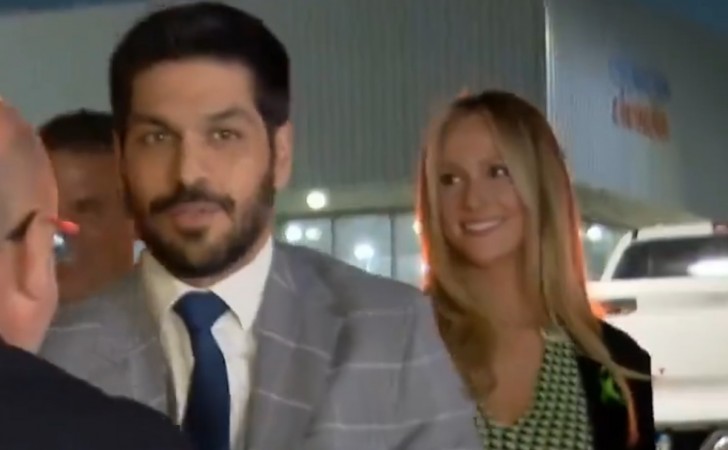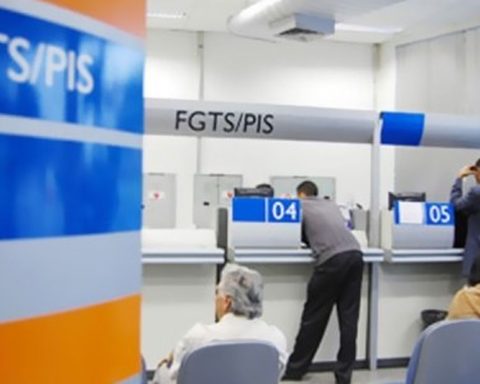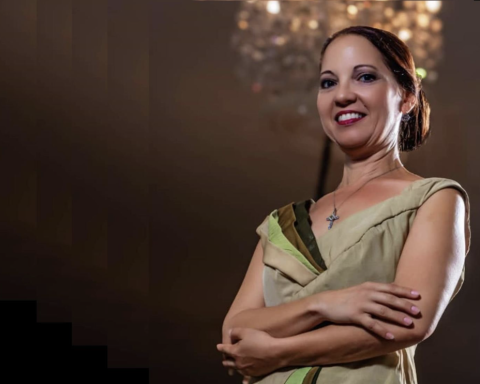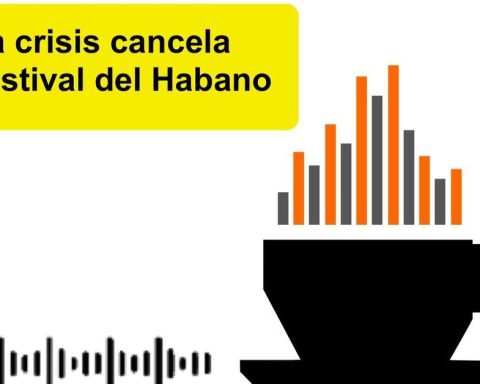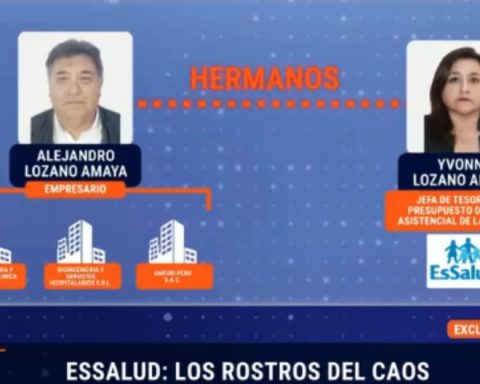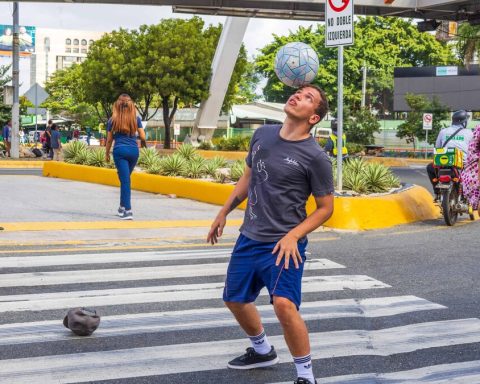Edmundo González Urrutia indicated that his case differs from Juan Guaidó because, unlike the former parliamentarian, he won elections and was not sworn in based on the “power vacuum” that existed in 2019.
The opposition presidential candidate Edmundo González Urrutia This Thursday, October 17, he ruled out being sworn into exile and asserted that work continues to ensure that the will of Venezuelans is respected. »
«It is not a scenario proposed at this time. The swearing-in is in the National Assembly in Venezuela on January 10,” he emphasized in an interview with CNN.
González Urrutia pointed out that the opposition must wait for what happens until January 10 to be able to think about the regional elections, while highlighting that, given the reform of the electoral laws, it is one more obstacle that can be overcome like all the that were conquered in the past.
He confirmed that the coordinator of Vente Venezuela, María Corina Machado, is still in the country and asserted that their conversation is fluid, despite having made the decision to go into exile in Spain. “I explained to him what was happening to me (…) and he told me that he understood me,” he commented.
Likewise, he pointed out that his case and that of the former president of the 2015 National Assembly Juan Guaidó are different, since the former parliamentarian was sworn in under the figure of a constitutional vacuum and he won the elections with the support of eight million people.
*Read also: Did González Urrutia “approve a new salary” for when a “new government” begins?
Regarding the case of Eudoro González, the ambassador only limited himself to saying that he was an intermediary who allowed his departure from Venezuela to Spain. Furthermore, he clarified that the Spanish ambassador in Caracas, Ramón Santos, only provided protection to him during the days he was inside the residence and during the signing of the document that allowed him to leave the country.
Edmundo González Urrutia pointed out that he spent more than a month in the Netherlands embassy in Venezuela until he considered the possibility of requesting political asylum, so he considered moving to the Spanish legation where he stayed for three days. He insisted that he was pressured to negotiate terms of his departure in clauses of a secret document – which was not respected – where he did not agree on several.
He stated that since his arrival in Spain he has only received attention from the authorities. He stressed that one of the things he thought about was that being away might be more useful than being held indefinitely at the embassy.
Furthermore, he commented that what is said about a second document was proposed by him where he requested a guarantee for his family, his equipment and the few assets they have.
Post Views: 121
